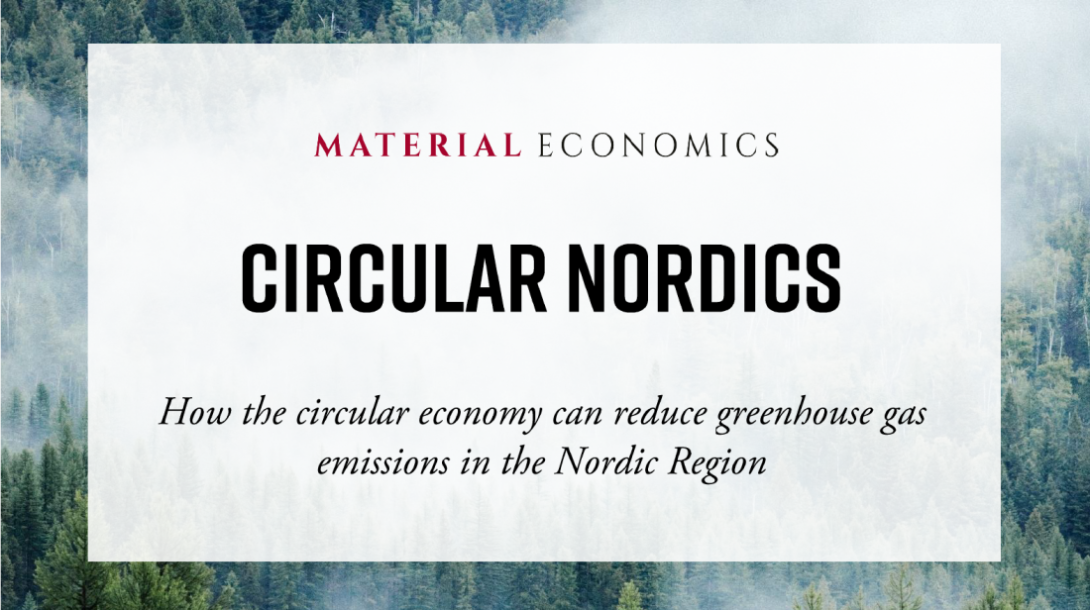
A net-zero transition for EU industry - What does it mean for the pulp & paper industry?
Reports
The pulp and paper (P&P) industry will be profoundly affected by the broader industrial transformation to net zero emissions of CO₂. The traditional challenge has been to provide an answer to how the remaining fossil CO₂ emissions will be eliminated. This remains critical, and the industry could perhaps do even more to answer it. Nonetheless, we find it may not be the most important issue.
The main impact of a net-zero transition on P&P companies may instead be through entirely different channels, presenting both challenges and opportunities. In a net-zero transition, P&P companies will operate in changed input markets, with electricity demand increased to the tune of thousands of TWh in the EU alone, and large new claims on forest resources that put pressure on companies’ access to raw materials. Demands on products will change too, with expectations on a more circular economy. More positively, there could be large potential upside for those who can provide attractive and renewable materials to replace today’s hard-to-abate, fossil options. This could extend further, with entirely new business opportunities in ‘carbon management’.
These changes raise deep questions for P&P companies. Practically all areas of company strategy are affected, from raw materials and energy sourcing, through to R&D and product portfolio choices. Understanding a complex external landscape is an essential first step.
This discussion paper presents a short summary of the conclusions from a study carried out by Material Economics in 2019, ‘Industrial Transformation 2050 – Pathways to Net Zero Emissions from Heavy Industry’, and draws out the main implications for the pulp and paper industry. It has been written by Material Economics on behalf of the Finnish Innovation Fund Sitra and the Cambridge Institute for Sustainability Leadership, CISL.
